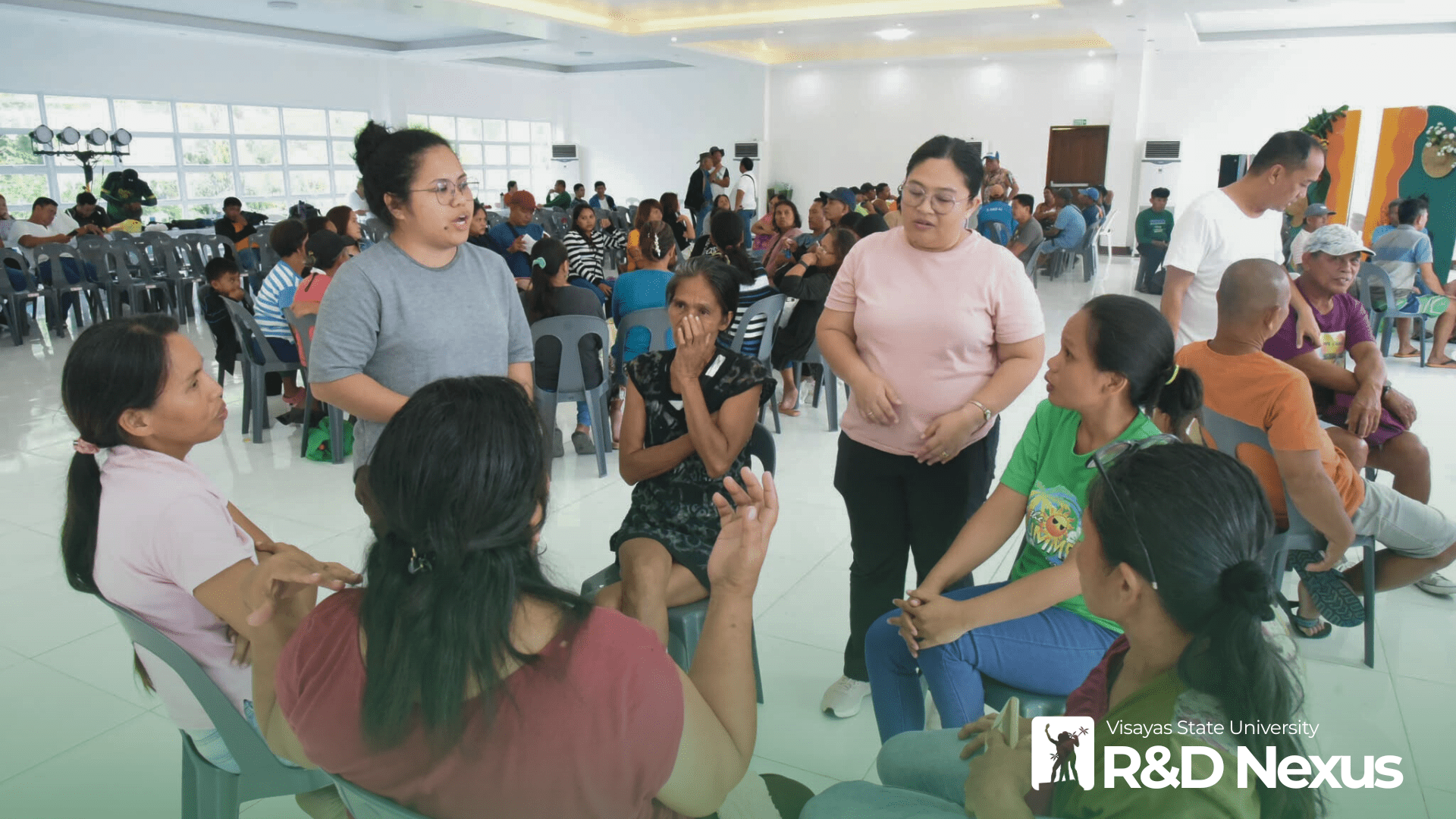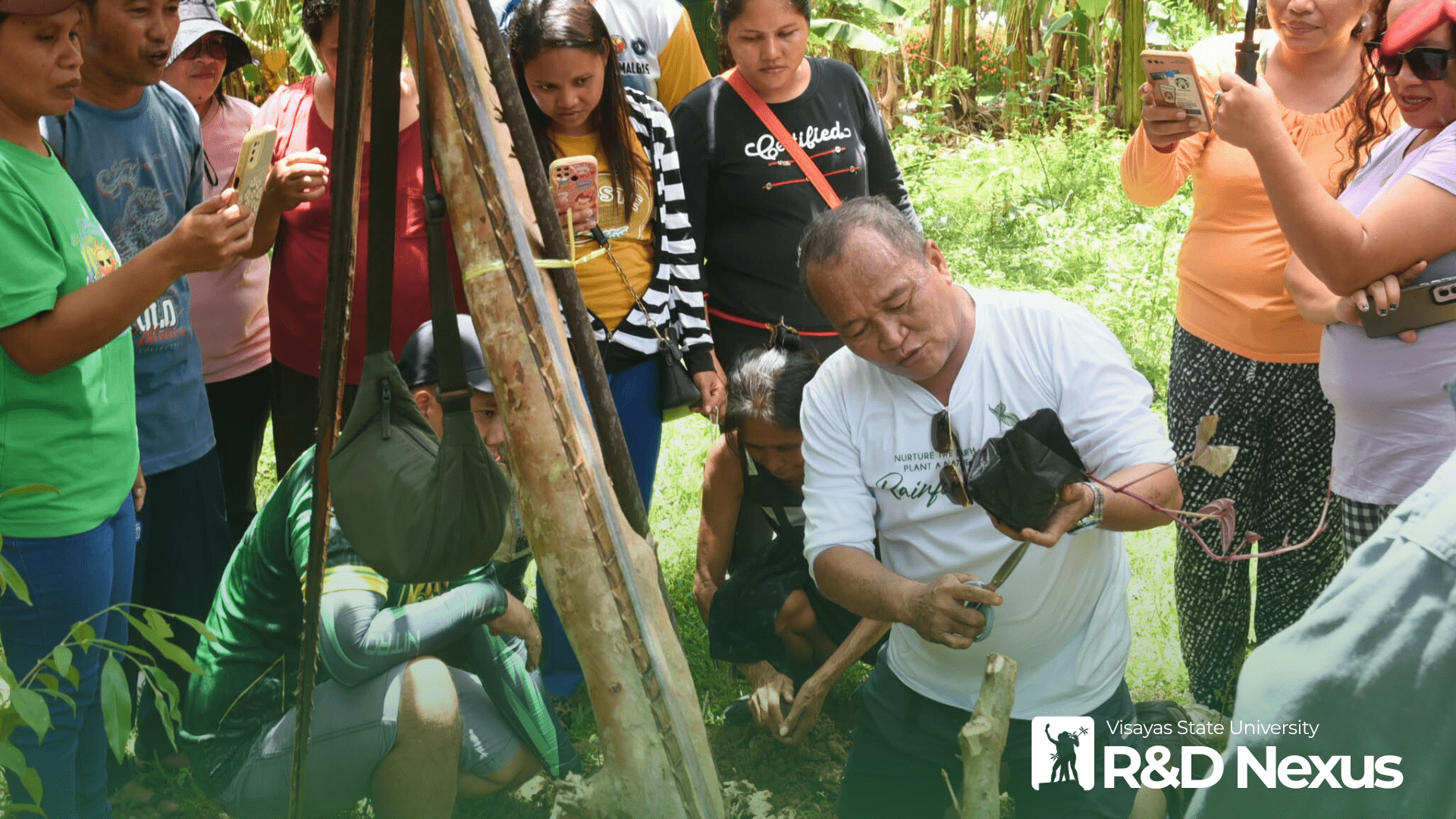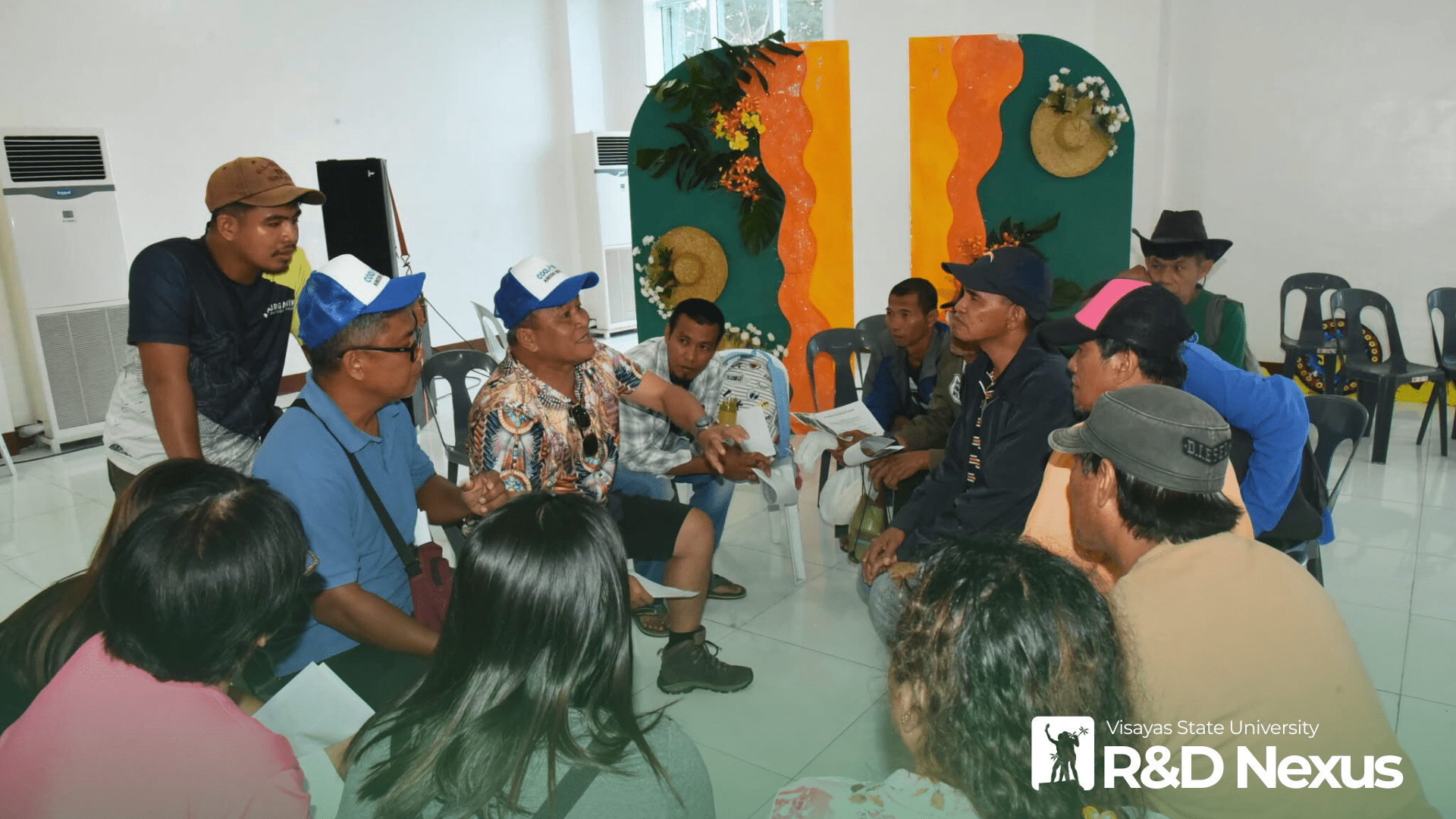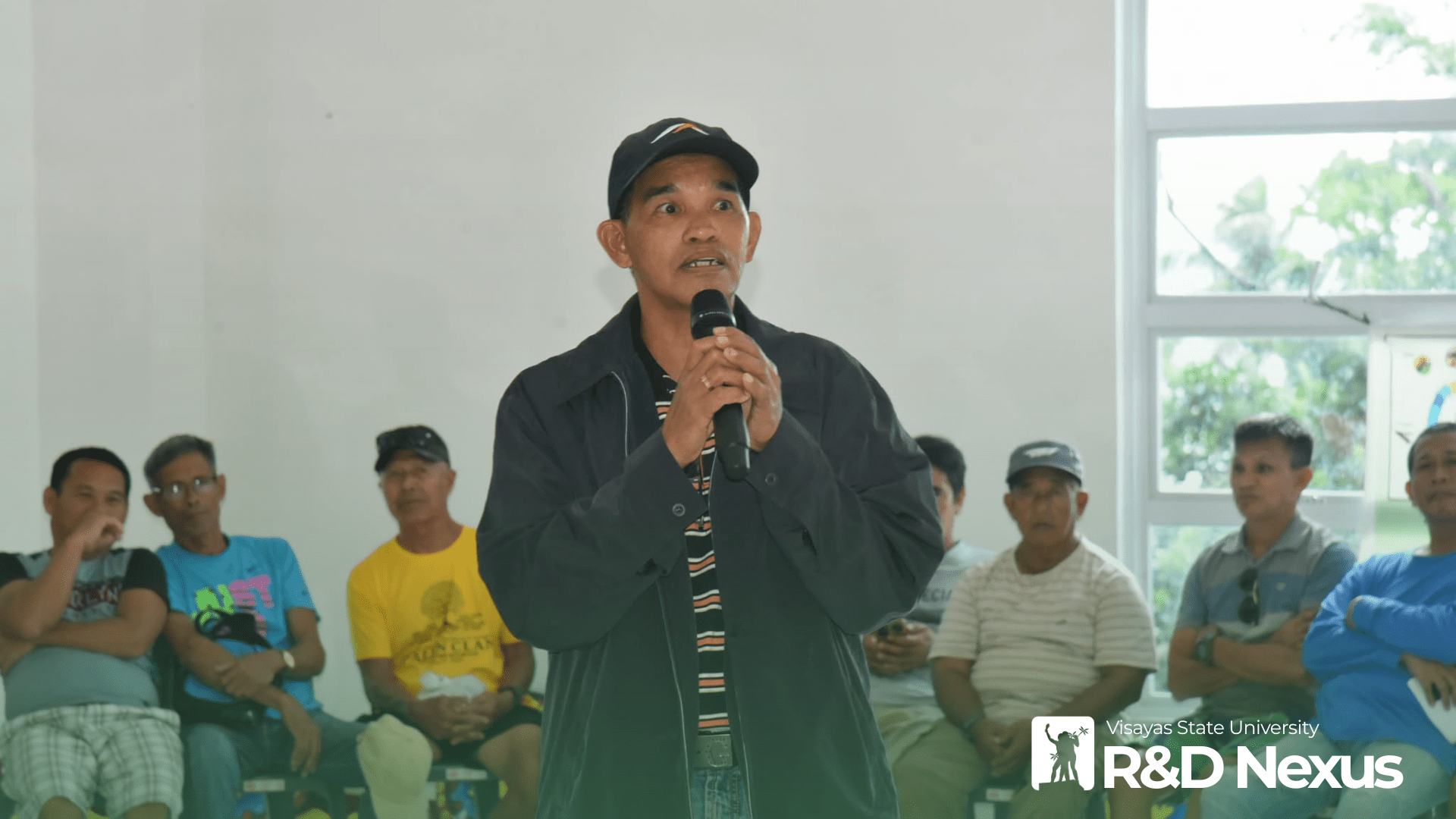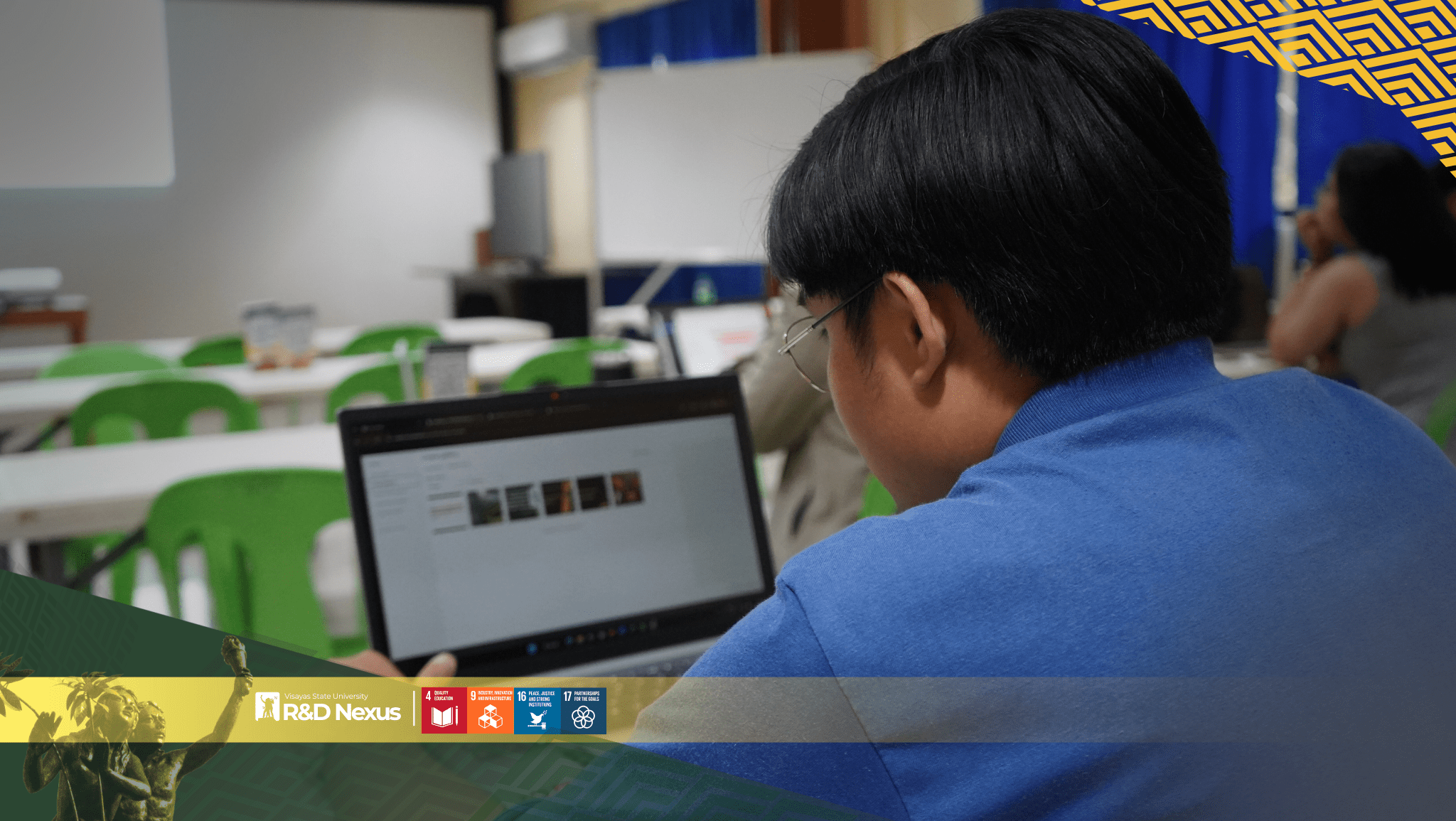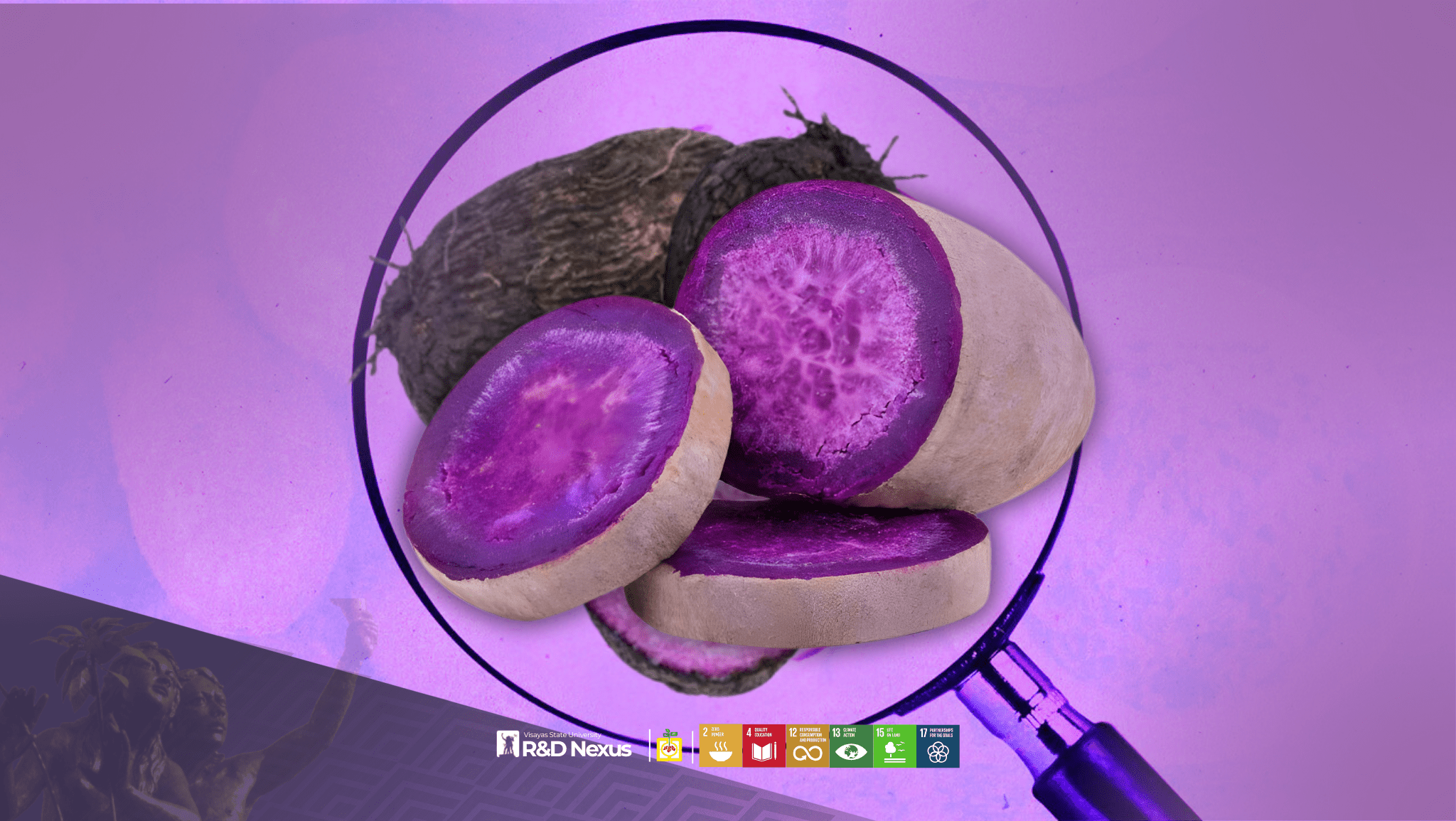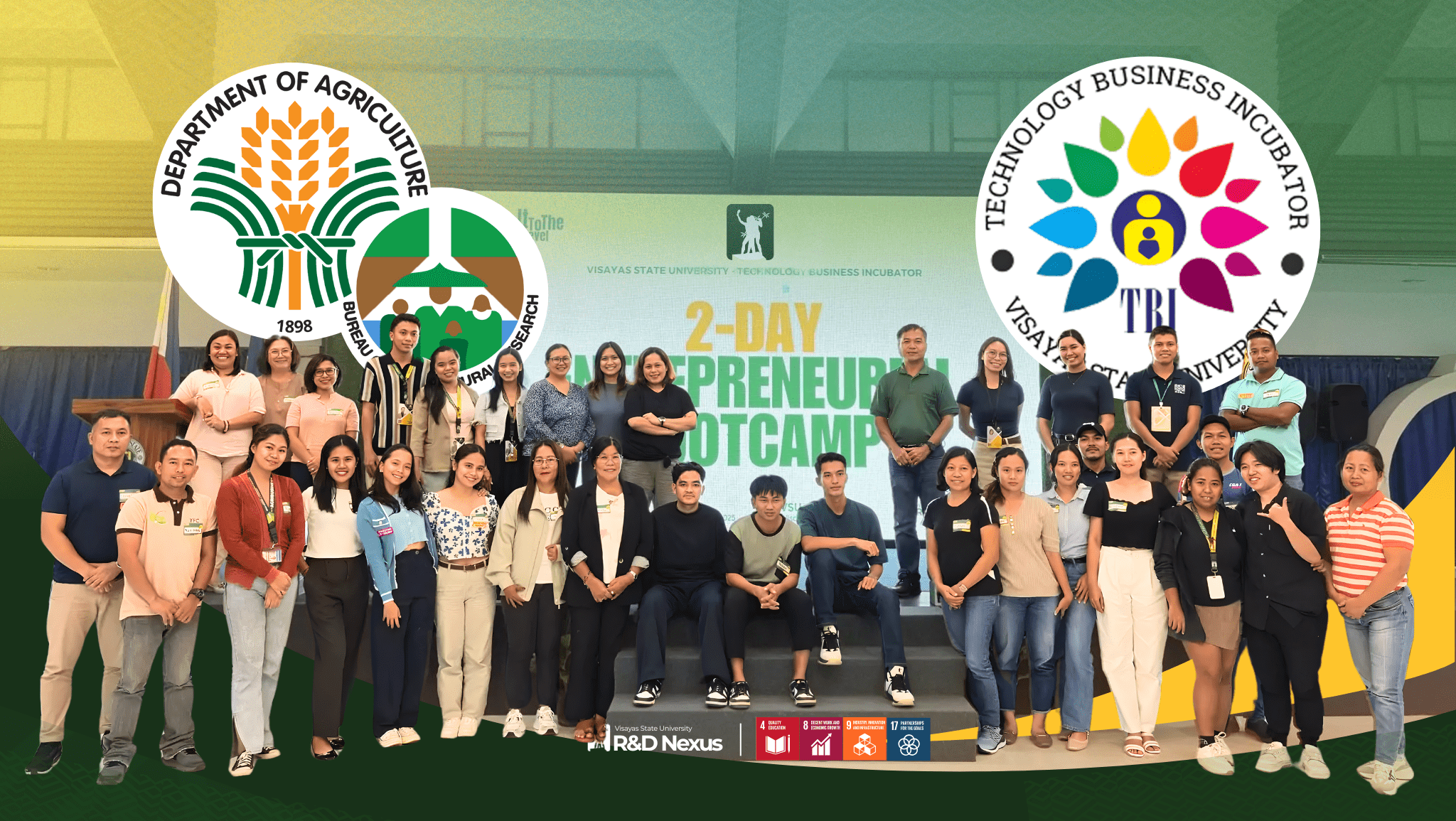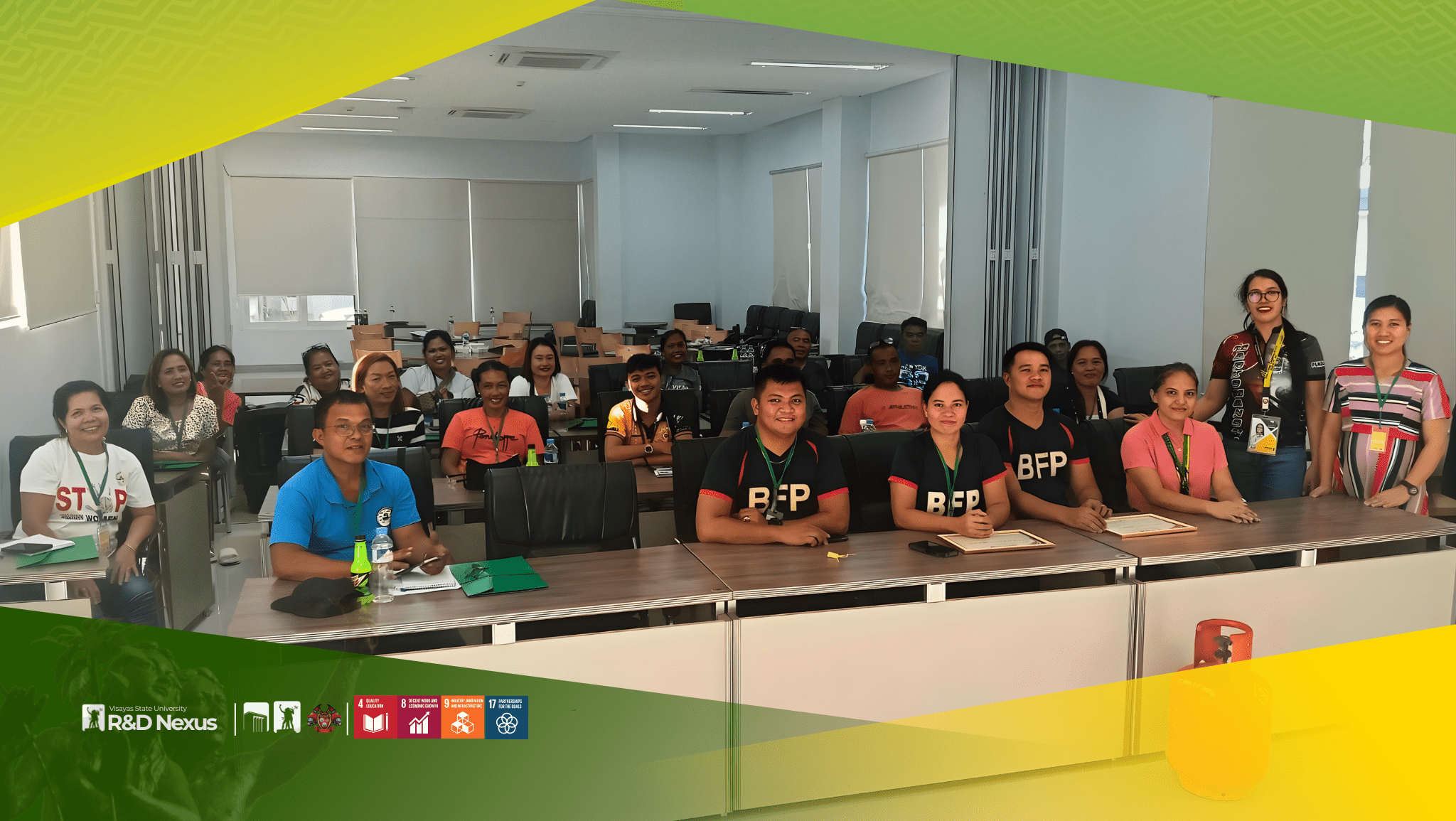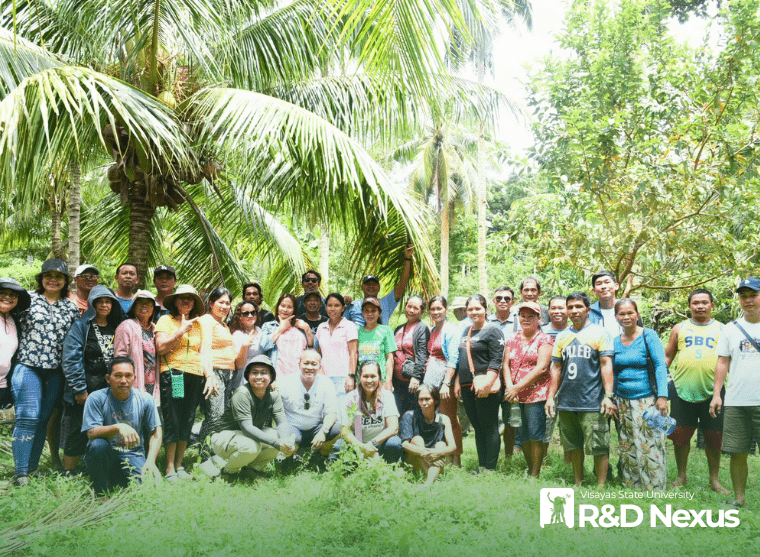
ITEES and BRC Team up for Rainforestation-Aquilaria-Bee Farming in Limasawa Island, Southern Leyte
The Institute of Tropical Ecology and Environmental Science (ITEES), together with the Biodiversity Research Center (BRC) and the Philippine Aquilaria Rainforestation Agroecology Cooperative (PARA Coop), organized a two-day training in collaboration with Music for the Environment and National Development (MEND) at the Conference Hall of the Municipality of Limasawa Island, on May 1-2 2025. The training was titled “Rainforestation- Aquilaria- Bees: A Strategy of Biodiversity Conservation in a Small Island Community in Limasawa Island, Southern Leyte”. The training was warmly welcomed by Mayor Melchor Petracorta, who acknowledged the presence of resource persons from VSU, PARA Coop, and farmers from around the island who share a collective goal of promoting sustainable and climate-resilient agricultural systems as livelihood opportunities for the island residents.
In response to the persistent challenges brought about by climate change, the first day of training explored the integrative strategy of Rainforestation-Aquilaria-Bees. The event commenced with the topic “Introduction to Ecology: How to Partner with Nature,” presented by Mr. Jose Maria Eliseo Lee. This session introduced foundational ecological principles and emphasized the importance of working harmoniously with natural systems. Ms. Kleer Jeann G. Longatang followed with a discussion on “Insect Diversity and Its Role in Rainforestation and Aquilaria Farming,”, emphasizing the value of the insect population in forest ecosystems. Next, Ms. Maria Teresa A. Al-Motawa shared practical insights on “Propagation of Stingless Bees: Beekeeping,” detailing methods for cultivating native bees, their potential as a livelihood opportunity for the island residents. Lastly, Ms. Serica Joy C. Dadios presented on the “Native Flora of Limasawa Island and Its Potential for Pollinator Attraction,” where she highlighted the importance of insect diversity in supporting flowering trees on the island and agricultural productivity. Interactive sessions followed each presentation, allowing farmers to raise questions and reflect on how the concepts apply to their island.
The second day continued with fieldwork in Barangay San Agustin, which included planting Aquilaria and ube seedlings and turnover of a bee colony. Dr. Marlito M. Bande and Ms. Kleer Jeann Longatang led the fieldwork, which included demonstrating methods for planting the seedlings. Ms. Al-Motawa facilitated the release of the bee colony. The training event concluded with the closing message of Rev. Fr. Dennis Cagantas, Founder of Music for the Environment and National Development. The training activity will be followed by an educational tour, which will be attended by farmers to established Rainforestion demonstration farms and Aquilaria plantations in Leyte on May 29, 2025.

